Industry information
Company News
- Punched aluminum veneer: an invisible weapon for fashionable architecture
- Hyperbolic aluminum veneer: a rising star in the aluminum industry, creating a new trend in modern architecture
- Fluorocarbon aluminum veneer: the "invisible suit" of the aluminum industry
- New Favorite of Aluminum Plates - The Fashion Evolution of Punched Aluminum Veneers
- Aluminum veneer customization, creating a new trend of personalized space
Industry dynamics
- Aluminum plate punching, unlimited creativity, new architectural style!
- The production equipment and technological progress of aluminum veneer, and the trend of automated production
- Fluorocarbon aluminum veneer: the green guardian of modern architecture
- Aluminum veneer customization: personalized space, separated by one board
- The unique feature of presenting architectural aesthetics is the artistic charm of aluminum veneer sculpture
Frequently asked questions
- Can aluminum veneer be used for building insulation design?
- How does aluminum veneer provide the weather resistance required for modern buildings?
- Can the insulation function of aluminum veneer reduce the energy consumption of buildings?
- What is the antioxidant performance of aluminum veneer?
- Is the production process of aluminum veneer environmentally friendly?
contact us
Mobile:+86 15627778610
Email: 2201229786@qq.com
Address: No. 5 Binjiang Road, High tech Zone, Zhaoqing City, Guangdong Province
How portable is fluorocarbon aluminum veneer?
- Author: Jinba Aluminum Industry (Guangdong) Co., Ltd
- Release time: 2022-03-18 17:43:48
- Click:0
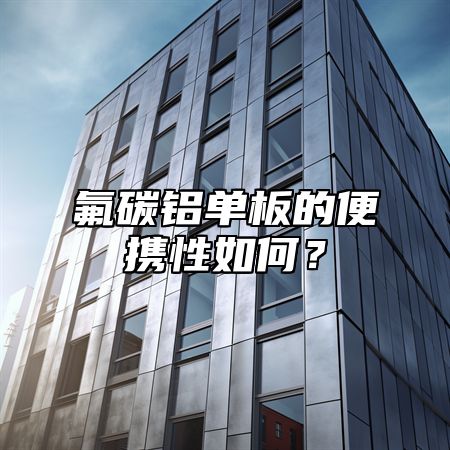
FluorocarbonAluminum veneerIt is a building material widely used in fields such as architecture, billboards, curtain walls, etc. One of the important concerns for consumers is its portability. The portability of fluorocarbon aluminum veneer will be detailed below.
1. Definition of portability
Portability refers to the flexibility and convenience of fluorocarbon aluminum veneer in transportation, installation, and disassembly. Generally speaking, fluorocarbon aluminum veneer with strong portability can be more conveniently transported, installed, and maintained, thereby improving construction efficiency and reducing costs.
1. Factors affecting portability
The portability of fluorocarbon aluminum veneer is influenced by various factors, mainly including the following aspects:
(1) Weight: The weight of fluorocarbon aluminum veneer is an important factor affecting its portability, and lighter fluorocarbon aluminum veneer is easier to handle and install.
(2) Size: The size of fluorocarbon aluminum veneer is also an important factor affecting its portability, and smaller fluorocarbon aluminum veneers are easier to handle and install.
(3) Structural design: The structural design of fluorocarbon aluminum veneer is also an important factor affecting its portability. Reasonable structural design can improve the portability of fluorocarbon aluminum veneer.
It should be noted that the portability of fluorocarbon aluminum veneer is not necessarily better the higher. In practical applications, selection and design need to be based on specific circumstances. For example, in the design of building exterior walls, it is necessary to consider whether the portability of fluorocarbon aluminum panels can withstand the influence of natural factors such as wind and rain to ensure the stability of the building; In the design of interior decoration, it is necessary to consider whether the portability of fluorocarbon aluminum veneer can meet the weight of furniture, appliances, and other items to ensure its service life and stable performance.
The portability of fluorocarbon aluminum veneer is an important indicator that has a significant impact on the appearance and performance of the entire product. Consumers should choose fluorocarbon aluminum veneer products that meet the standards and follow the manufacturer's instructions and maintenance recommendations to ensure the service life and stable performance of fluorocarbon aluminum veneer. Attention should also be paid to the characteristics of materials and structural limitations during design and installation to ensure that the construction effect meets the requirements.

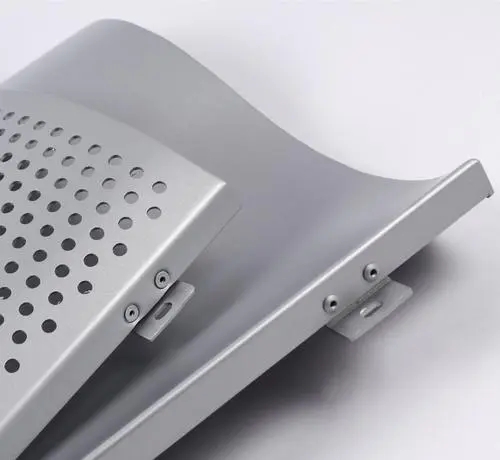
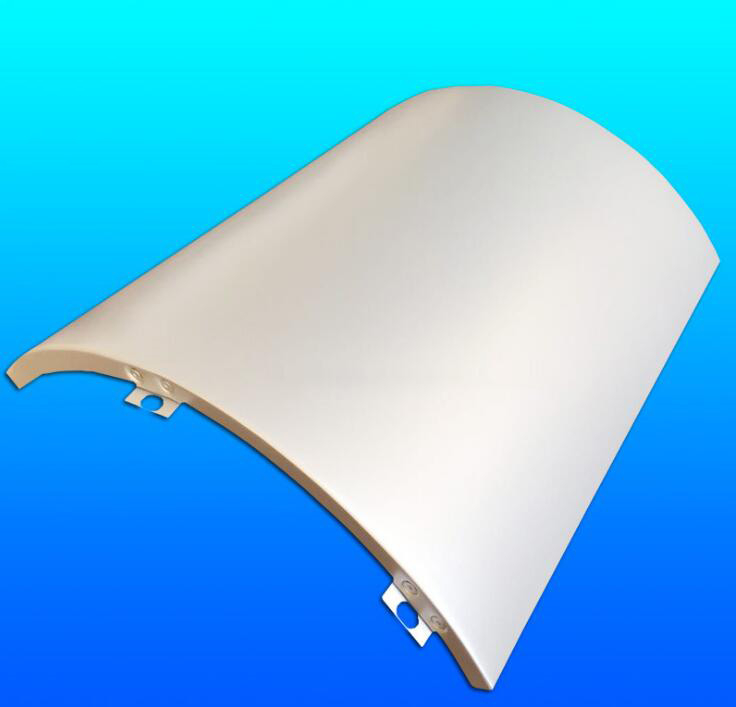
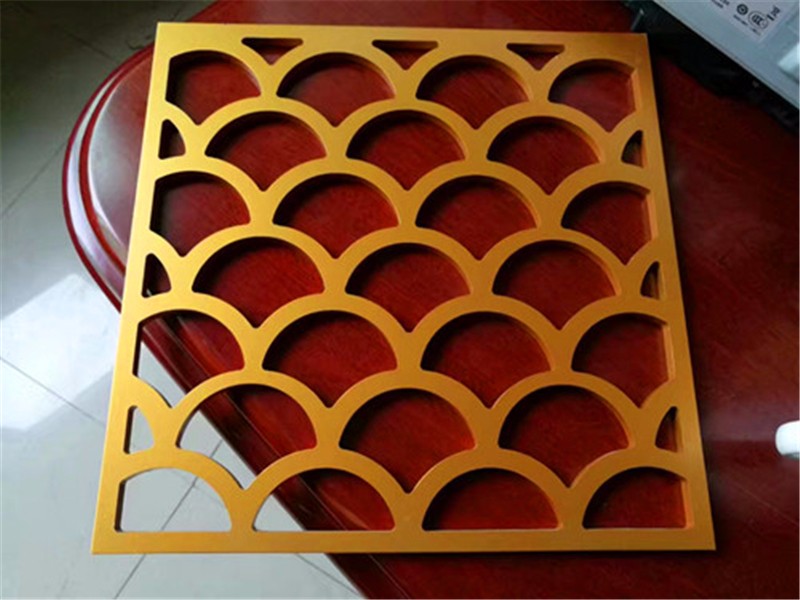
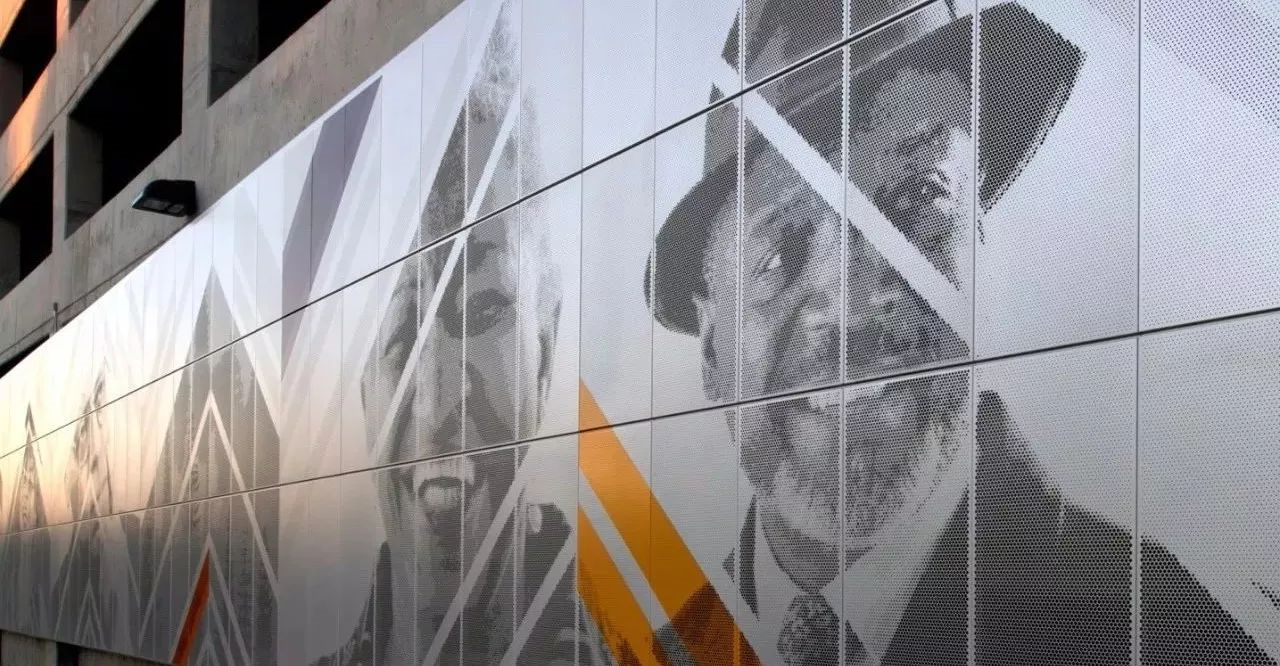
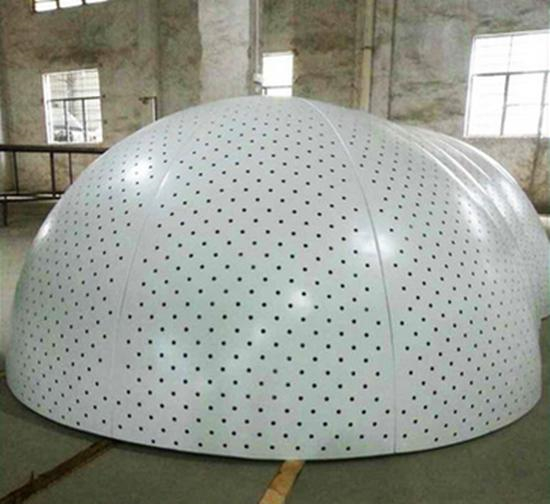
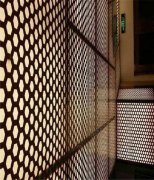
 Customer service QQ
Customer service QQ